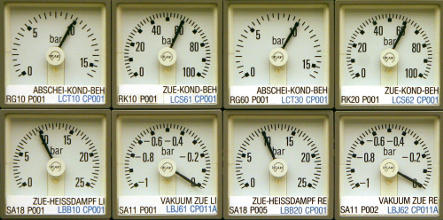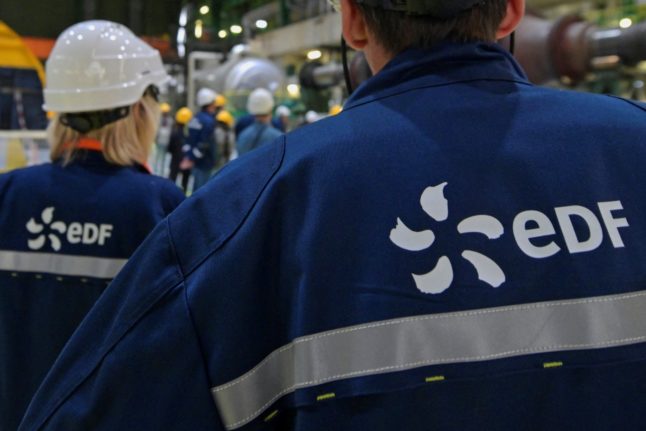“The current gas crisis has been it clear to the eyes of everyone that we cannot allow ourselves to reject any source of energy,” Michael Glos told the Monday edition of business newspaper Handelsblatt.
Germany is in the process of phasing out nuclear energy plants by 2020, a plan voted on under previous leftist Social Democrat (SPD) chancellor Gerhard Schröder, and was a condition for SPD to join the current “grand coalition” government of conservative Angela Merkel.
But Glos, a fellow conservative, predicted that the next German parliament will vote on extending the life of the country’s nuclear plants. Merkel, who is expected to remain chancellor after general elections in September, has let it be known that she would campaign for extending the life of the most modern nuclear plants.
The energy debate has intensified since the supply of Russian gas to Europe was disrupted over a payment dispute between Russia and the transit country Ukraine, which may finally be resolved Monday after a standoff that began on January 1.
But Germany has lost confidence in its energy suppliers in the wake of the crisis and must take steps to be better equipped in the future, Glos said.
That involves finding other sources of natural gas, he said, but also in general working to reduce Germany’s dependence on gas imports and rethinking the country’s energy policy.
That view is shared by the head of Germany’s second biggest energy provider RWE, who supports the use of nuclear power.
“If we do not want to increase our dependence on energy imports, we need to have nuclear energy,” Jürgen Grossman said.



 Please whitelist us to continue reading.
Please whitelist us to continue reading.